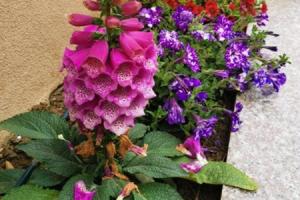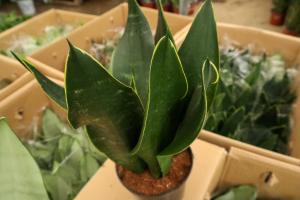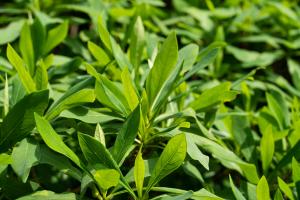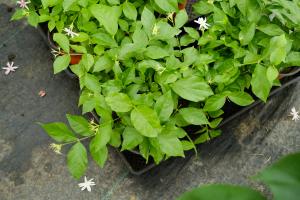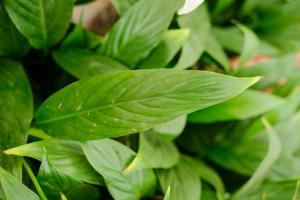Are Spider Plants Good Indoor Plants?
Spider plants, also known as Chlorophytum comosum, are popular indoor plants that are widely grown for their air-purifying qualities and low maintenance requirements. With their lush, green foliage and unique spider-like appearance, these plants are not only visually stunning but also offer a range of benefits to indoor environments. In this article, we will discuss why spider plants are good indoor plants and how you can care for them to ensure their healthy growth and longevity.
Air-Purifying Qualities
One of the most significant benefits of spider plants is their ability to purify the air. They are known to remove harmful toxins such as formaldehyde, benzene, and carbon monoxide from the air, making them an excellent choice for homes and offices where indoor air pollution can be a concern. According to a study conducted by NASA, spider plants were found to be one of the most effective plants at removing indoor air pollutants.
Low Maintenance Requirements
Another advantage of spider plants is that they are relatively low maintenance and easy to care for. They thrive in a range of indoor environments, making them ideal for those with limited space or who are new to indoor gardening. They prefer bright, indirect light and should be watered thoroughly but allowed to dry out slightly between waterings. Additionally, spider plants can tolerate a range of temperatures and humidity levels, making them well-suited to indoor environments.
Visual Appeal
Spider plants are not only beneficial for their air-purifying qualities and ease of care but also for their unique appearance. They feature long, narrow leaves that resemble spider legs and can grow up to three feet in length. They are also capable of producing small, white flowers that bloom in the summer and add an extra layer of visual appeal to these already stunning plants.
Propagation
Spider plants are an excellent choice for those looking to propagate their plants as they are relatively easy to propagate. They produce plantlets, or small versions of themselves, which can be removed from the parent plant and potted separately. Once planted, these plantlets can quickly grow into mature spider plants, making them an ideal choice for those looking to expand their indoor plant collection.
Potential Hazards
While spider plants are generally safe to have around, they can be toxic to pets if ingested. If you have pets, it is best to keep spider plants out of reach or opt for pet-safe alternatives such as aloe vera or Boston ferns. Additionally, it is important to note that overwatering your spider plant can lead to root rot, so it is essential to ensure that the soil is allowed to dry out between waterings.
Conclusion
Overall, spider plants make an excellent addition to any indoor space. Their air-purifying qualities, low maintenance requirements, visual appeal, and ease of propagation make them a popular choice for indoor gardeners. However, ensure that you take the necessary precautions to keep your plants healthy, such as providing them with adequate light and water, keeping them out of reach of pets, and avoiding overwatering. With a little bit of love and care, your spider plants will thrive and provide you with years of enjoyment.

 how many times do yo...
how many times do yo... how many planted tre...
how many planted tre... how many pine trees ...
how many pine trees ... how many pecan trees...
how many pecan trees... how many plants comp...
how many plants comp... how many plants can ...
how many plants can ... how many plants and ...
how many plants and ... how many pepper plan...
how many pepper plan...